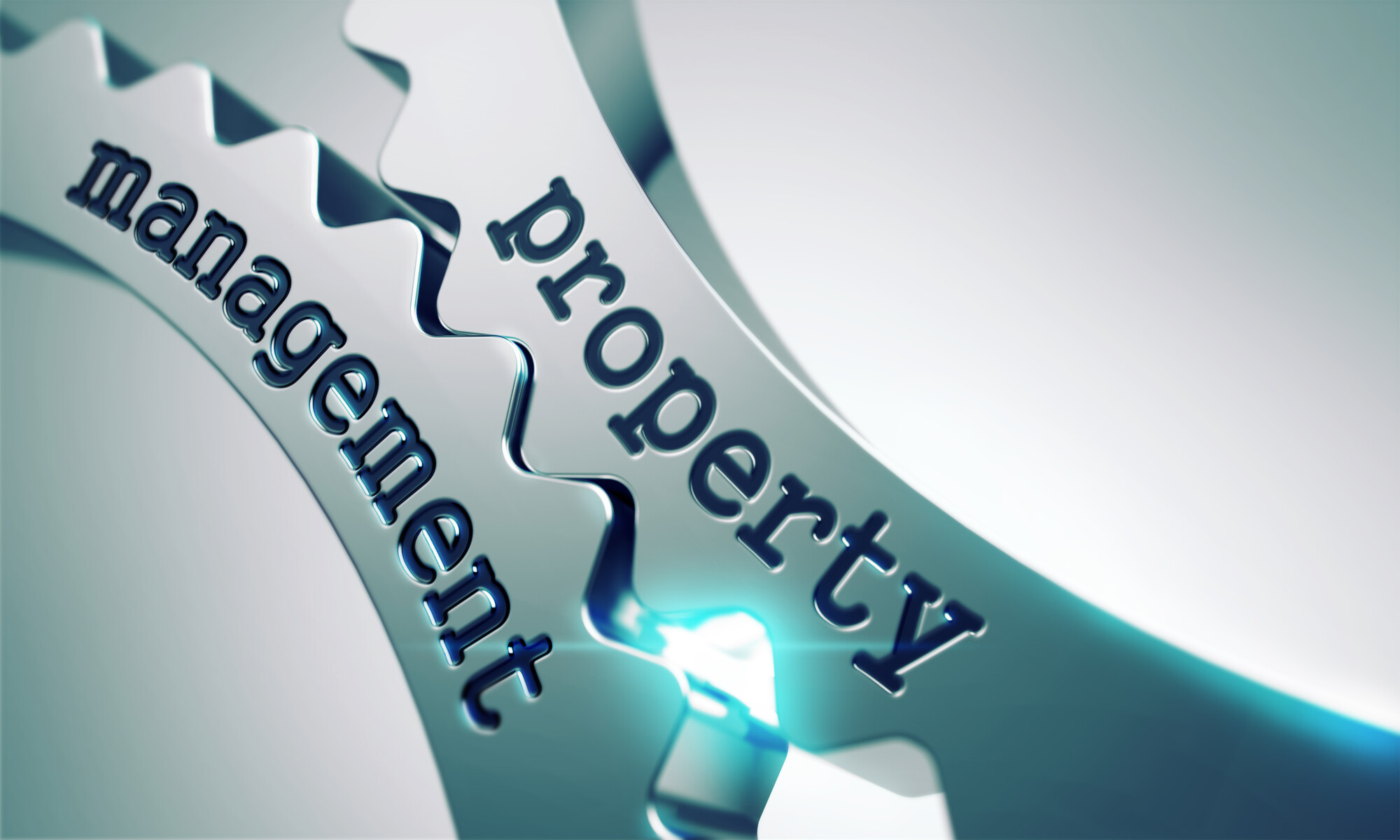Property management can be a highly lucrative industry, at least if you know what you're doing.
Without the proper preparation and direction, being a property manager in Washington, DC can quickly become an expensive burden.
Proper portfolio management can prevent this. Portfolio property management is useful to assess risk, choose properties, and allocate assets.
Here are three ways a property portfolio can help optimize assets for maximum returns.
1. Determining Business Goals
When you're building an active real estate portfolio, it is important to make sure you keep the client's overall business goal in mind.
The property types in a portfolio have a direct impact on the overall income. This is especially important to keep in mind when the profitability of the assets change.
Having a business goal in mind can help guide decisions about asset strategy and allocation. This allows you to better meet the client's goal when major changes to an asset's profit occur.
2. Property Diversification
By having a diverse collection of property types, you can decrease the risk of income fluctuations.
The main property types are rental properties, commercial real estate, and undeveloped land. The success of a property portfolio is dependent on effectively allocating assets between these different property types.
Rental properties and commercial real estate are both opportunities for long-term, steady income through collecting rent or leasing the commercial real estate. Undeveloped land can be sold, rented, or used to build new properties, such as new houses or apartments.
By leveraging these different assets, you can better ensure there is always income flowing in.
3. Budgeting and Risk Assessment
During portfolio property management, it is important to have good budgeting skills.
A portion of your available funds should be set aside for any patches of bad luck and also for investing in new properties. As with all investments, there is some amount of risk involved with property management, including:
- Tenants not paying
- Covenant risk
- Void properties
- Legal, operational, and reputational risk
- Health and safety risks
- Fire and other damaging hazards
You will also need to set aside some of your budget to manage, maintain, and operate the property.
With proper portfolio management, you can discover options that will allow you to lower costs. Portfolio property management should also help you find ways to refurbish and enhance the asset to improve its value.
Improve Your Profits Through Portfolio Property Management
Good portfolio property management is essential to success as a property manager in Washington, DC.
A property portfolio manager can help you have more complete knowledge of your properties and how to leverage them for the most profit possible. Alternatively, property portfolio management software can also help guide decisions about assets.
Both are useful to assess risk, set budgets, and help guide management decisions. Whether you use portfolio management software or a manager, you will be better able to gain increased profit from an asset.
Interested in learning more? Contact us today for more information on property management.













